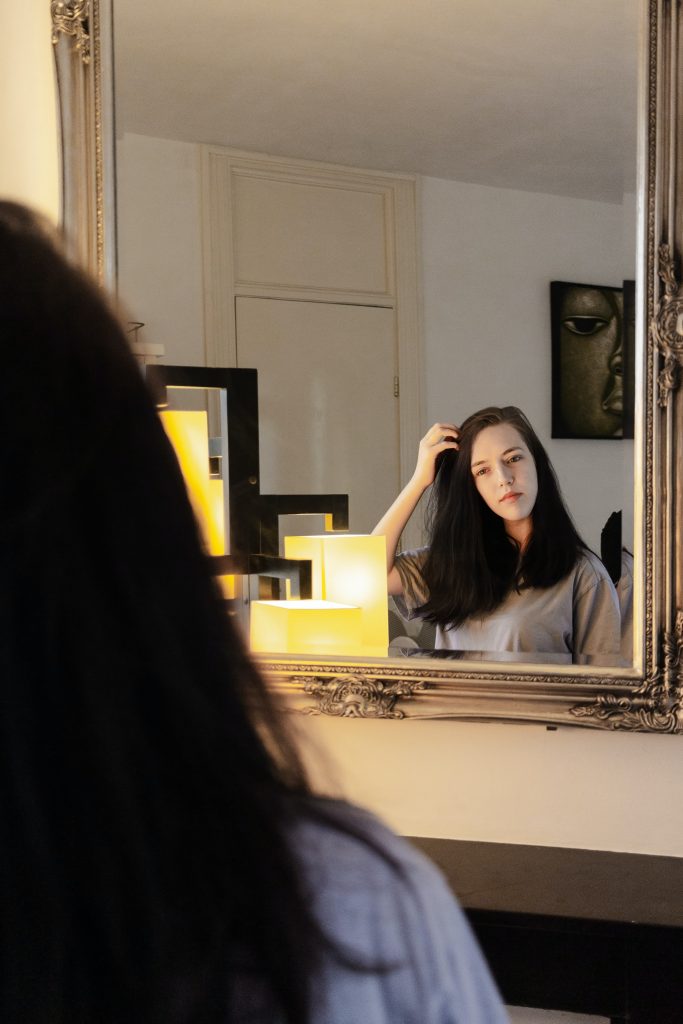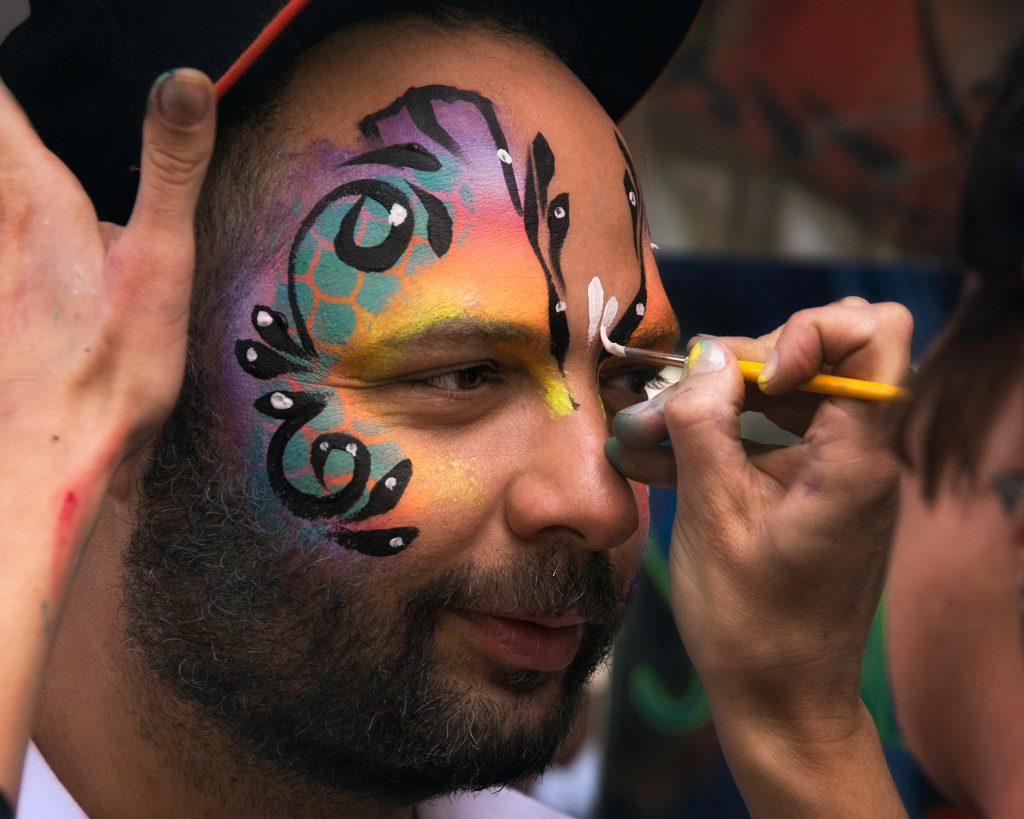I think all parents, regardless of where in the world we are, can wholeheartedly agree on the challenges of parenting in the 21st century! With the advent of the internet and social media, there are now more voices, more information, more pressures, and more awareness of how we are raising our children.
Listening to my mother, who raised three kids in the 80’s, it was definitely a simpler time back then. However, that doesn’t mean it was a better time. It was a time when girls were meant to be quiet, submissive, and well-behaved, oh — and pretty, don’t forget pretty! I was the stereotypical little quiet girl who wore dresses when I was supposed to, did what I was told, and endured many years of listening to strangers, friends, and family comment on what I looked like or what I was wearing — like every single other girl I know. True to form, I became an exercise fanatic in my teens to ensure I could be as thin as what society expected me to be and as beautiful as teen magazines told me to be. After all, most of my self-worth was tied up in what I looked like – just like society wants it. Now I look back and think wow, this is the very definition of indoctrination and it is not what I want for my own daughter.
As I worked on how I’d like my daughter and her friends to feel growing up, a few very simple resolutions are clear.

Girls – What NOT to say
You’re so pretty! – Or in fact anything about what they look like. Do not comment on their beautiful eyes, their long legs, their hair, etc. Ask yourself: would I say the same thing to a little boy of the same age? All these unsolicited comments do is objectify the girl and make her (and probably her parents) feel very uncomfortable. Little girls are really not very different from little boys – and their sole value in life does not lie in what they look like.
Say instead – Ask her what her favourite subject is at school, what she likes to do on the weekends, what hobbies and sports does she play? Does she have a great sense of humor? Is she a fast runner? Focus on what she can do rather than be.

“Don’t be bossy” – I outlawed this word from our house as soon as I found out I was having a girl. With this one word, you send the message that girls cannot be leaders, and if they try nobody will like them. When was the last time you heard a boy being called bossy?
Say instead – “You’re showing some great leadership skills.” Maybe they need to work on improving their collaboration skills or teamwork but do not shame them by throwing out the word ‘bossy’.

“Be careful” – This statement casts doubt on a girl’s ability to achieve something and discourages risk-taking. All children need to take risks in order to develop properly.
Say instead – Keep going. I trust that you can do it.

Boys – What NOT to say
“Don’t cry” – Please don’t say this to boys (or girls). I often see parents looking embarrassed if their boys are crying – why? This is a normal human emotion that everyone should be allowed to express. Psychologists say this suppressing of emotions is what has lead to generations of violent, angry, and insecure men who are too afraid to express their vulnerability for fear of being ridiculed. This can easily lead to depression, anxiety, and domestic violence later in life.
Say instead – I see you’re having some big feelings. Do you want me to help/hold you or do you want to talk about it? Parents of boys and girls have told me they’ll sometimes ask if the child wants to be comforted or if he needs a minute alone. Let them decide how to handle the crying.

“Don’t be such a girl” or describing an action as ‘girly’ – This is interpreted as anything feminine or related to girls is somehow ‘bad’, ‘less than’ or second best. If you want to raise a son who respects women as his equal and is more likely to have happy and fulfilled friendships, it doesn’t pay to start de-valuing the opposite sex in childhood.
Say instead — Nothing. Let them play how they want to play.
While the 80’s was a great time to be a kid, it was also a pretty narrow world to grow up where prejudice was the norm and anyone who was different had a difficult time. Now, 40 years later, we have a lot more information and knowledge than we did back then. Let’s use it for the better and allow our kids to grow up in a world where they can truly be who they want to be, not who someone else wants them to be.
KEEP READING: Pink for Boys, Blue for Girls – You Are (Not) What You Wear
Photos: Unsplash, Women of Color in Tech




